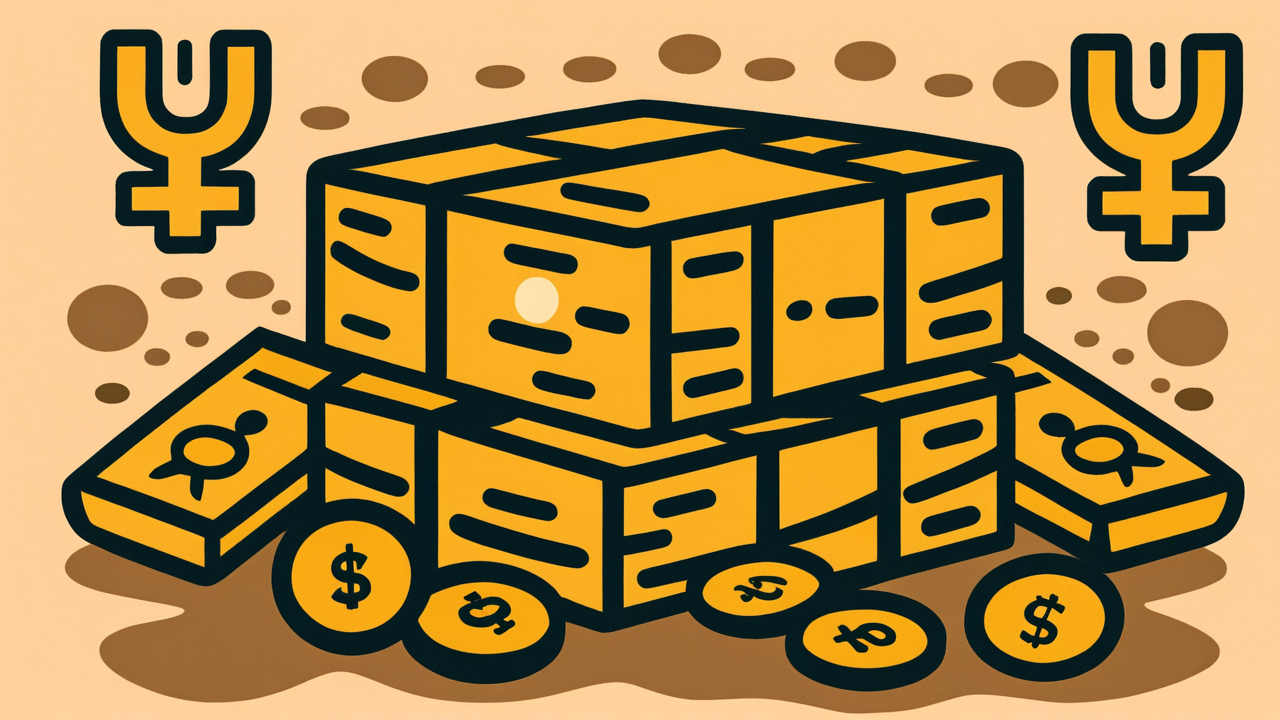How to Read “金が金を儲ける”
Kane ga kane wo moukeru
Meaning of “金が金を儲ける”
“Money makes money earn” is a proverb that expresses the economic mechanism where those who possess capital use that capital as seed money to generate further profits and increase their wealth.
This expression does not mean that money automatically multiplies by itself. It refers to the reality that people who have capital can obtain returns greater than their initial investment by utilizing those funds in business or investments. In other words, it expresses the basic mechanism of capitalist economics: if you have a certain amount of financial resources, you can use that as a foundation to develop business ventures and generate further profits.
This proverb is mainly used when discussing economic disparity or the power of capital. It is employed when explaining the gap that emerges between those with financial resources and those without, or when conveying that seed money is important for starting a business. Even today, it is frequently quoted in the context of entrepreneurship and investment.
Origin and Etymology
The origin of the proverb “Money makes money earn” is thought to have emerged alongside the development of commercial society during the Edo period. During this era, a monetary economy took full root, and business using capital as seed money flourished among merchants.
What is particularly noteworthy is that this expression does not simply represent the concept of investment, but reflects the complex emotions people of that time had toward money. In Edo period Japan, there was a class system of “shi-no-ko-sho” (samurai-farmers-artisans-merchants), and merchants were considered to have low social status. However, in reality, it was not uncommon for merchants to possess economic power and live more affluent lives than the samurai class.
This proverb is presumed to have expressed the reality of those with capital further increasing their wealth within such historical context. Rather than being a mere description of economic activity, it likely contained a complex perspective on wealth disparity and social structure.
From the Meiji period onward, with the full-scale introduction of capitalist economics, this proverb came to be used more widely and has been passed down to the present day. Behind its transmission across eras lies the universal theme of wealth circulation in human society.
Usage Examples
- Watching his company grow rapidly, it really feels like money makes money earn
- If the initial fundraising succeeds, it should develop into a money makes money earn situation from there
Modern Interpretation
In modern society, the proverb “Money makes money earn” has become more realistic than ever before. This is because the development of digital technology has created an environment where those with capital can increase their wealth more efficiently.
Investment options have dramatically increased, including stock investments, real estate investments, and cryptocurrencies. Particularly with the spread of online trading, it has become possible to access markets around the world 24 hours a day, literally creating situations where “money earns money.” Automated trading systems utilizing AI technology can be said to truly embody this proverb.
On the other hand, this phenomenon has also created the problem of widening social disparity. The gap between those who have capital and those who don’t tends to widen further through the power of technology. People with surplus funds available for investment can steadily increase their assets through compound interest effects, but those who are struggling with daily life don’t even have that opportunity.
In modern times, this proverb is used not only to represent economic mechanisms but also as an expression pointing out social structural issues. Behind the calls for the importance of financial literacy lies the reality that understanding and being able to utilize this “Money makes money earn” mechanism has a major impact on one’s life.
When AI Hears This
In modern society, the wealthy excel at “buying time.” Take stock investment as an example: investors indirectly purchase the working hours of company employees and receive dividends from the value generated by that labor time. In other words, while they sleep or vacation, other people’s time works 24/7 to deliver profits.
Even more fascinating is modern AI and robotics technology. These create “artificial time” and provide labor that transcends human temporal constraints. In Amazon’s distribution centers, robots continuously move products without rest, and this “machine time” generates profits for investors.
Real estate investment follows the same structure. Landlords sell tenants’ “living time” as a commodity and receive rent as compensation for that time. Every moment tenants spend at home becomes a source of income for the landlord.
Meanwhile, those who sell their time trade away their limited 24 hours for wages. This “time disparity” is the essence of modern economic inequality. “Money makes money” actually describes our contemporary time-based economic system where “purchased time generates the power to buy even more time.”
Lessons for Today
The proverb “Money makes money earn” gives us important lessons for living in modern times. That is the importance of understanding the power of capital and using it wisely.
First, this proverb teaches us that “the start is crucial.” No matter how small the amount, it begins with steadily saving to create seed money for investment. Even with small monthly amounts, if you utilize the power of compound interest over time, you can grow it into substantial assets.
Also important is the paradigm shift of having money work for you. Not just working yourself, but having your saved money work too. This is a particularly important way of thinking in today’s aging society.
However, this proverb shows not only hope. It also teaches the importance of accepting the reality of disparity and therefore taking action early. Acquiring financial literacy, understanding risks, and then starting your own asset building—that is practicing the modern version of “Money makes money earn.”
Why don’t you take a small step starting today? Your future self will surely be grateful.



Comments